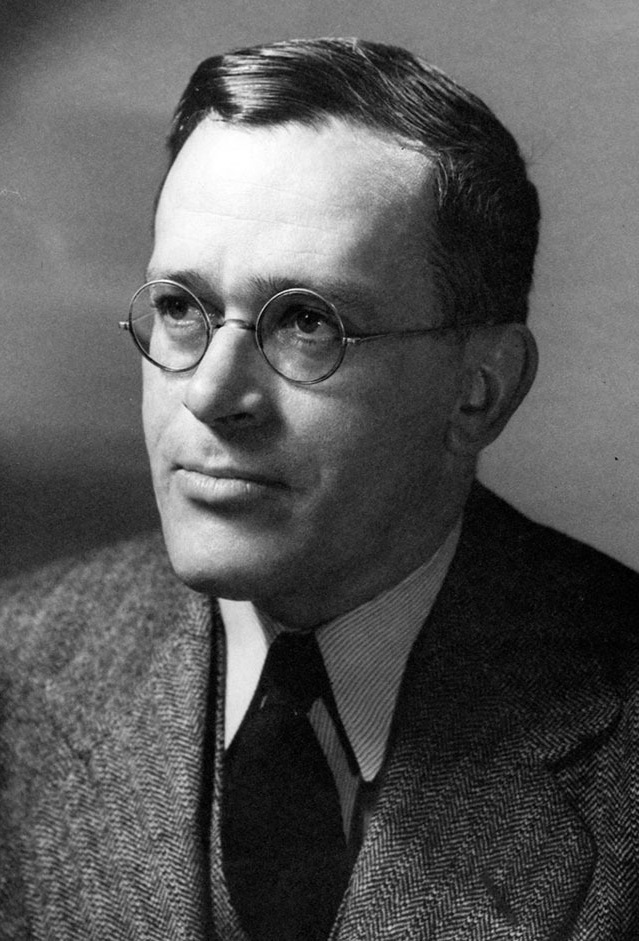Richard Weaver (1910-1963)
An American literary critic, scholar, and intellectual, often associated with the traditionalist conservative movement.
Educated at the University of Kentucky, Vanderbilt University, and Louisiana State University, where he earned his Ph.D.
Taught English at North Carolina State College and the University of Chicago, where he greatly influenced students.
His most famous work, Ideas Have Consequences (1948), became a foundational text for American conservatism.
He emphasized the importance of language, rhetoric, and moral absolutes in shaping culture and politics.
Richard Weaver's Three Main Ideas:
Ideas Have Consequences: Weaver believed that abstract ideas, often dismissed as mere intellectual exercises, profoundly shape and determine the course of civilizations, leading to either order or decay.
The Decline of the West: He argued that modern society's embrace of nominalism (the denial of universal truths), scientism, and materialism had led to a dangerous abandonment of objective reality and moral standards, resulting in cultural fragmentation.
The Importance of Rhetoric and Language: Weaver contended that rhetoric, when properly understood as the art of presenting truth persuasively, is crucial for maintaining social order and moral health, contrasting it with what he saw as the manipulative or relativistic uses of language in modernity.
